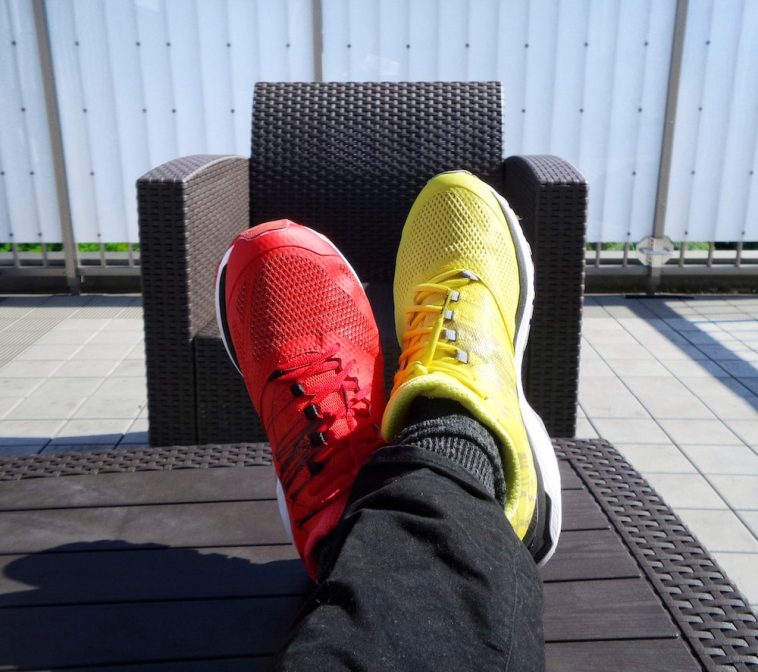Introduction.
I think most of us have, at some point, wondered how we can make a real impact on the world. It’s easy to feel like one person’s efforts are too small to matter, but the truth is, the difference you make doesn’t have to be huge or world-changing to be significant.
Small actions, when done consistently, can add up to something much bigger than we might expect. The key is to take action in a way that aligns with your values, your skills, and your passions.
Making a difference doesn’t always mean becoming famous or solving world hunger. It could be as simple as helping someone in need, supporting a cause you care about, or creating something that inspires others.
The world is full of problems, big and small, and it can be overwhelming to think about where to even begin.
But you don’t have to solve everything. Even small efforts can ripple out and influence others in ways you may never fully realize.
So, if you’re asking yourself, How can I make a real difference?, this article is for you. I’ll walk you through different ways you can make an impact, from personal actions to broader community efforts. We’ll explore simple steps anyone can take, how to get started, and why every little bit counts.
Let’s dive in!
How Do I Make a Big Difference In The World?
1. Start Small, Think Big.
Making a difference doesn’t require you to do something massive right away. Sometimes, the smallest actions can create a ripple effect.
It could be something as simple as offering a kind word to someone who seems down, picking up litter in your local park, or donating a few dollars to a cause you believe in.
These small acts can inspire others to do the same, and before you know it, you’ve started a chain reaction.
The Power of Small Actions
According to a study published by the Harvard Business Review, small acts of kindness can have a lasting impact not only on the person receiving the kindness but also on those who witness it.
Kindness is contagious, and when one person helps another, it encourages others to do the same. So even if your actions seem tiny, they have the potential to spread far and wide.
Start by doing one kind thing every day. It could be helping a neighbor with their groceries, sharing your favorite book with someone, or even just offering a smile to someone who needs it. Over time, you’ll notice how small actions can create a more positive environment around you.
2. Focus on What You’re Passionate About
When we talk about making a difference, it’s crucial to focus on something that truly matters to you. You don’t have to fix everything, but you can certainly help with something that’s close to your heart.
If you care about the environment, for example, you might start recycling more or supporting local green businesses.
If you’re passionate about education, maybe you could volunteer to tutor students in your area. Your passion will fuel your efforts and keep you motivated in the long run.
The Importance of Passion
Studies show that people who are passionate about their work or causes are more likely to stay committed and make a lasting impact.
According to a report by the University of California, individuals who have a strong sense of purpose are more likely to engage in prosocial behaviors like volunteering, donating, or advocating for a cause. When you do what you love, you’re more likely to stick with it, and your impact will be much bigger.
So take a moment to think about what makes you excited. What issues or causes do you feel strongly about? Once you know your passion, use it as a guide to determine how you can contribute to the world in a way that feels meaningful.
3. Give Your Time and Energy.
Sometimes, the best way to make a difference is simply by giving your time. Volunteering with a local charity, mentoring a young person, or offering your skills to a nonprofit organization can create long-lasting change. In fact, volunteer work is one of the most direct ways to have an impact on your community.
The Power of Volunteering
Did you know that nearly 25% of Americans volunteer each year? According to National Philanthropic Trust, these volunteers contribute over 8 billion hours of work annually, worth an estimated $195 billion.
That’s a huge contribution to the well-being of communities across the country. If you’re not sure where to start, try looking up local shelters, food banks, or animal rescue organizations in need of help.
Even if you only have a few hours to spare, your contribution matters. Volunteering is not just about giving; it’s also about learning, growing, and connecting with others who share similar values.
4. Support the Causes You Believe In.
While giving your time is important, financial support is also vital for many organizations. Donating, no matter how small the amount, helps keep nonprofit organizations running and enables them to continue their work. Even small donations, like $5 or $10, can make a difference when given consistently.
How Donations Add Up
A study by Charity Navigator found that just $1 per day can provide 365 days of meals for a hungry child or supply clean water to a family in need.
When many people contribute small amounts, it adds up to something huge. Your donation could go toward funding research, providing resources to underserved communities, or supporting environmental conservation efforts.
If donating money is not an option for you right now, there are other ways to support causes. You can help raise awareness through social media, share important news, or encourage friends and family to get involved. Every bit of support counts, no matter how it’s given.
5. Use Your Voice.
Sometimes, making a big difference in the world is about speaking up for what’s right. You can use your platform, big or small, to raise awareness about issues that matter.
Whether it’s sharing information on social media, writing blog posts, or speaking at local community events, your voice can be a powerful tool for change.
The Impact of Advocacy
Research by the Institute for Policy Studies shows that grassroots movements led by ordinary people have brought about significant social and political changes. From advocating for civil rights to pushing for environmental protections, using your voice has the power to influence others and spark larger movements. Even one tweet or post can raise awareness about an issue and encourage others to take action.
Don’t be afraid to stand up for what you believe in, even if it feels like your voice is too small. The more people speak out, the stronger the message becomes.
6. Educate Yourself and Others.
The more informed you are about the world around you, the more effectively you can contribute to solving its problems.
Understanding social, environmental, and political issues will help you make more informed decisions and take action in ways that truly benefit the causes you care about.
The Role of Education
Education is one of the most powerful tools we have for creating change. When people understand the challenges we face, they’re more likely to get involved and support solutions. That’s why it’s important to stay informed and continue learning. Whether it’s reading books, attending workshops, or participating in community discussions, every bit of knowledge you gain will help you make a bigger impact.
As you educate yourself, don’t forget to share what you learn with others. When people understand the challenges they face and how to address them, they’re more likely to take action.
Conclusion.
The world may seem overwhelming, and it can be hard to know where to start, but the truth is, every small action you take matters.
Whether it’s volunteering, donating, or simply being kind to someone, your efforts can have a ripple effect that inspires others to do the same.
No act of kindness is too small, and no effort is wasted. So, what are you waiting for?
The world is full of opportunities to make a big difference, and your unique perspective, passion, and voice are exactly what’s needed. What will you do to start making that change today?





GIPHY App Key not set. Please check settings